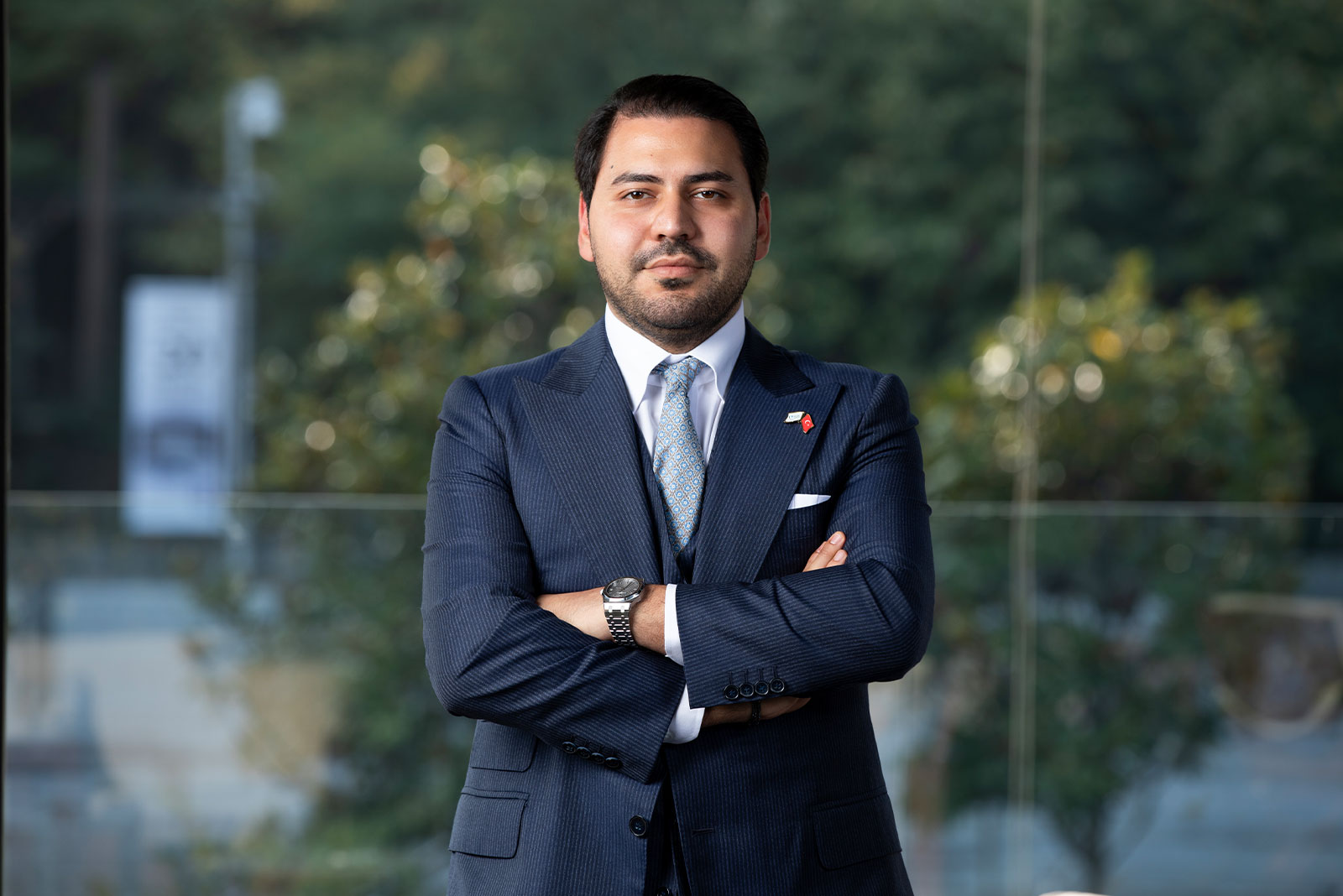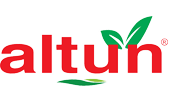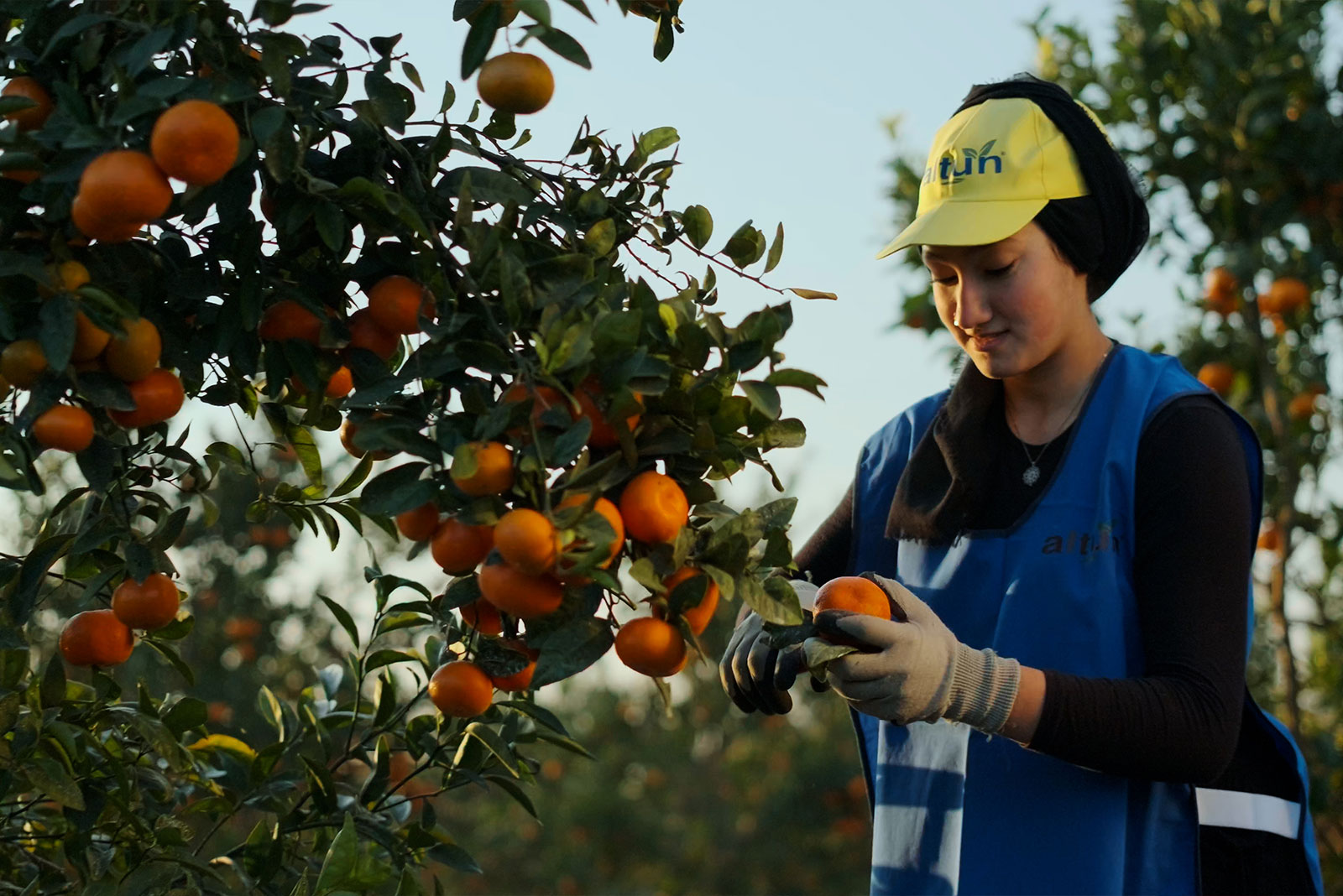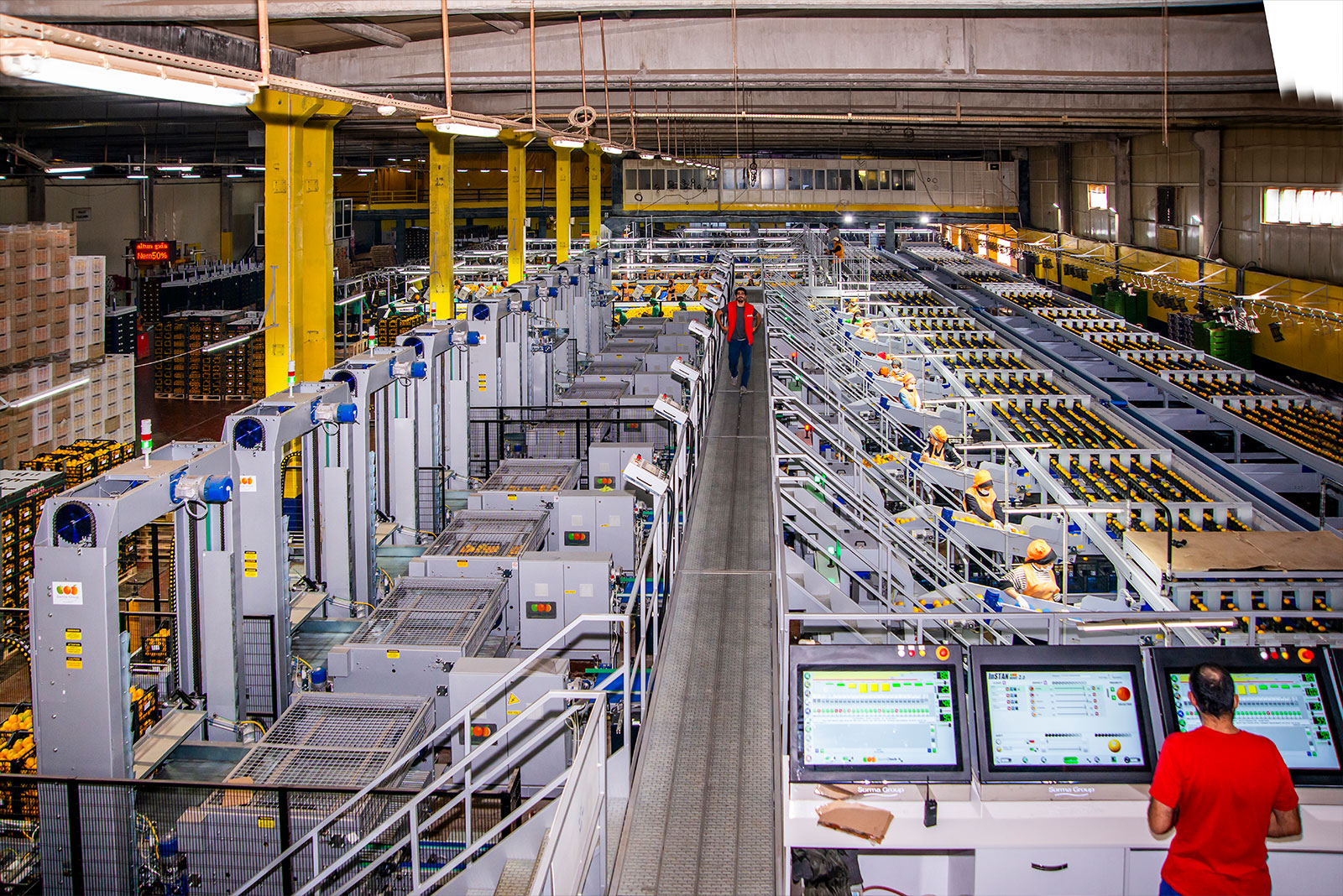Altun Gıda, which filed for an IPO, focuses on growth.

Altun Gıda, which filed for an IPO, focuses on growth.
Altun Gıda, one of the top five fresh fruit and vegetable exporters in Turkey, has filed an IPO with the Capital Markets Board (CMB). The company, which provides consumers with healthy and fresh products in the grocery aisles of global supermarket chains, will use the IPO proceeds to increase its investments. The company, which produces a large portion of its fresh fruit and vegetables, primarily citrus fruits, on its own 3,400,000 square meter plot and exports 100,000 tons annually.
Altun Gıda, one of Turkey's top five fresh fruit and vegetable producers and exporters, is a prime example of the journey from a family-owned Anatolian company to a global player. Based in the Dörtyol district of Hatay, 98 percent of the company's sales are export-oriented. Having filed an IPO with the Capital Markets Board (CMB), Altun Gıda aims to leverage the proceeds to leverage new investments and opportunities to strengthen its global market position. We spoke with Anıl Altun, a member of the company's Board of Directors, about Altun Gıda's future goals. With the goal of achieving production at EU standards, Altun Gıda has reached 3,200 decares of agricultural land and an annual export volume of 100,000 tons.
Based on the entrepreneurial spirit inherited from the family, Altun Gıda grew from Hatay to a company doing business with global giants. Now, with this IPO, it's entering a new era. How did your story as a family business begin?
My father, Zeki Altun, the founder of our company, began his career as a tailor at a young age when he came to Istanbul for his military service. However, upon my grandfather's death, he returned to his hometown of İskenderun and laid the foundations for Altun Gıda today. Initially selling white goods in Hatay in 1981, my father established strong partnerships in countries like Lebanon, Syria, and Saudi Arabia. Later, he also began selling fresh fruits and vegetables. He rented production facilities and worked with contract farmers in the Hatay and Çukurova regions. Later, we began producing on our own farms.
You have made significant progress in vertical integration. How did you transition from trade to production?
In 2011, we decided to move into production. We differentiated ourselves in one important way. We explained the harmful effects of pesticide use to farmers, but we didn't achieve the results we desired. That's why we decided to enter production. This allowed us to differentiate ourselves from our competitors by exporting products to European standards. This approach truly launched our story. Today, we export primarily to the European Union, as well as to Russia, the US, the UK, Canada, Ukraine, the Far East, and the Middle East, in accordance with net exporter criteria.
Consumer habits and regulations are constantly changing. How did you transform your production processes to compete in the EU and other international markets?
We produce citrus fruits in accordance with EU standards. Our facility in Dörtyol, Hatay, has a 32,000-square-meter facility with 14,000 square meters of indoor space and 2,200 square meters of indoor cold storage and freezing rooms within 6,000 square meters. We utilize the latest technology in our facilities. Our facility has eight ripening machines with a capacity of 3,000 tons, a cold storage facility, and two automated citrus processing machines. We maintain the freshness of our products without interruption. We generate our own electricity with a 1-megawatt rooftop solar power plant.
Recently, we've seen technology, especially artificial intelligence, redefine every sector. You're in perhaps one of the oldest professions in the world. How is technology transforming your business?
Thanks to artificial intelligence and automation, we've gained capabilities beyond the capabilities of even the most expert workers.
In 2024, we launched our fully robotic, automated, and AI-supported packaging machine investment. This investment, funded entirely by our own resources, totals 101,650,000 TL. Our 12-line system, with its advanced technology infrastructure including 108 cameras, detects and classifies internal and external quality defects in products. Thanks to its near- and far-infrared vision capabilities, it can analyze products down to 5 millimeters, determine their sugar content and internal quality, and then direct them to the most suitable export market. Thanks to this innovative system, our packaging capacity, which used to be 200 tons per day using traditional methods, has now reached 1,500 tons using robotic processes.
As of 2024, with the capacity-increasing investments we've made, our annual processing volume has increased tenfold, from 93,262 tons to 918,000 tons.
You have submitted an application to the Capital Markets Board (CMB) for an IPO. Could you please provide information about your IPO plans?
As Altun Gıda, we have submitted an application to the Capital Markets Board (CMB) for an IPO. As one of Turkey's largest fruit and vegetable exporters, we are excited about the IPO. According to the draft prospectus included in our application, our company will be increasing its issued capital from 127 million TL to 142 million TL with 15 million shares and shareholders, which will be increased.


